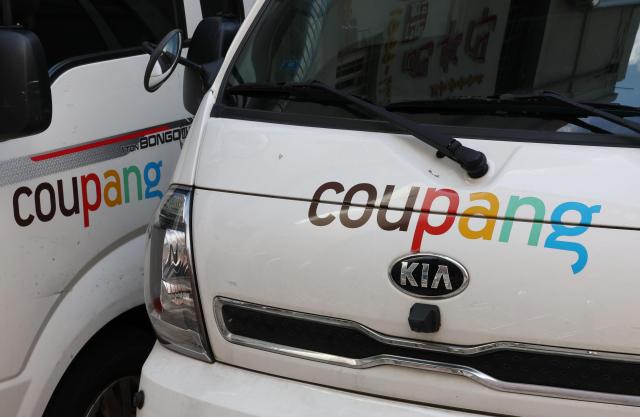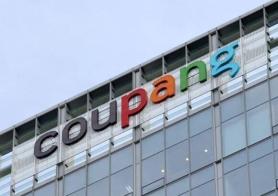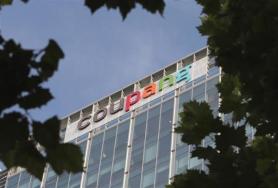
SEOUL -- Coupang, the South Korean counterpart of global retail giant Amazon, took the first spot in a domestic customer satisfaction index for online shopping, beating the country's online shopping giant Naver. The satisfaction index was determined by multiple categories, including service quality, consumer experience, and how well the experience met customers' expectations. A total of five online shopping mall operators were involved.
According to a survey of 1,500 South Korean consumers, conducted by the Korea Consumer Agency between September to October 2023, Coupang secured the top position in comprehensive satisfaction, scoring 3.8 out of 5. Naver Shopping ranked second with 3.79, followed by GMarket with 3.75, 11Street with 3.72, and Kakao Shopping with 3.71.
Meanwhile, Naver Shopping had the highest score in the ordering, payment, and delivery process category with 4.27, followed by Coupang (4.24). The consumer agency's survey also showed that the average amount spent on online shopping malls was 207,200 won ($156) per month. About 31 percent of respondents said they purchase products two to three times a month.
Coupang gained immense popularity among busy workers, housewives, and families with kids amid the COVID-19 pandemic through its overnight and one-day grocery delivery services. The secret weapon behind Coupang's capability to deliver fresh goods through an overnight delivery system was its fulfillment centers, local area-based logistics centers, equipped with cold-chain facilities, and warehouses where frequently bought items were stored. The cold-chain system allows fresh groceries to stay at the right temperature throughout their delivery phase, ensuring the quality of goods.
Data released by the national statistics information service showed that South Koreans spent some 227 trillion won ($170.8 billion) through ecommerce platforms in 2023, up 8.3 percent from 2022. The travel and transport sector experienced a remarkable year-on-year growth of 44 percent, reaching 24.9 trillion won. Statistics Korea attributed this explosive growth to the surge in consumer demand for overseas travel following the COVID-19 outbreak.
Copyright ⓒ Aju Press All rights reserved.




